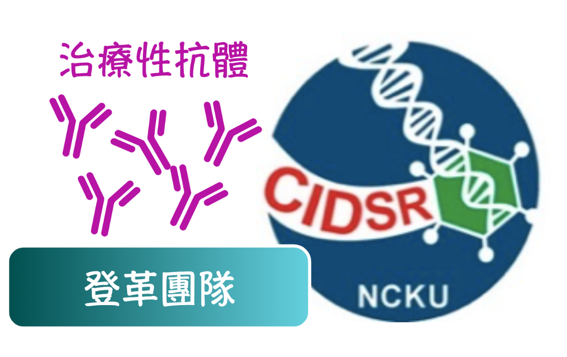


|
Development of therapeutic antibodies against dengue disease Dengue fever is a mosquito-borne viral disease; however, the ideal antiviral drugs have not fully completed. Therapeutic antibodies have the characteristics of high specificity, neutralization and low immune rejection, and have been used in cancer, immune diseases or infectious diseases. Antibodies (Abs) against the structural proteins of dengue virus have the risk of antibody-dependent enhancement which may cause more serious diseases and thus restrict the development of drugs. Relatively, Abs against nonstructural protein 1 (NS1) do not have this risk; therefore, there is more attention on the development of therapeutics anti-NS1 Abs. We prepared a humanized anti-NS1 monoclonal Abs and demonstrated their protective efficacy in cell-based and animal models. We hoped that this monoclonal antibody can be commercialized in the future and provide a novel strategy for the treatment of dengue disease. |
||||||||||
| _______________________________________________________________________________________________ | ||||||||||
|
Dengue virus (DENV) which infects up to 400 million people annually in tropical and subtropical areas manifests various disease symptoms, ranging from self-limiting fever to life-threatening severe dengue which often requires care at a hospital. To date, we still relay on supportive care for dengue patients without effective medicine. Recently, DENV nonstructural protein 1 (NS1) has been shown the key roles in disease pathogenesis, including hemorrhage and vascular leakage. Hence, therapeutic anti-DENV NS1 monoclonal antibodies (mAbs) are a potential strategy to provide protection by blocking the DENV-induced disruption of endothelial integrity. In this study, we generated humanized anti-NS1 mAbs and evaluated the protective efficacy in vitro and in vivo. In the DENV infection mouse model, we demonstrate that humanized anti-NS1 mAbs have therapeutic benefits not only in decreasing viral load and NS1 concentration but also reducing DENV-induced prolonged bleeding time and skin hemorrhage. In vitro mechanistic studies showed a reduction of NS1-induced vascular permeability to maintain endothelial integrity and an increase in cytolysis of DENV-infected cells to eliminate viruses. Taken together, humanized anti-NS1 mAb present strong therapeutic potential for development toward clinical use not only in febrile phase but also the critical phase (Figure 1)
|
||||||||||
|
Figure 1. Humanized anti-NS1 mAbs is a potential therapeutic agent against dengue disease. This figure is created with Biorender.com. |
||||||||||
| _______________________________________________________________________________________________ | ||||||||||
|
||||||||||